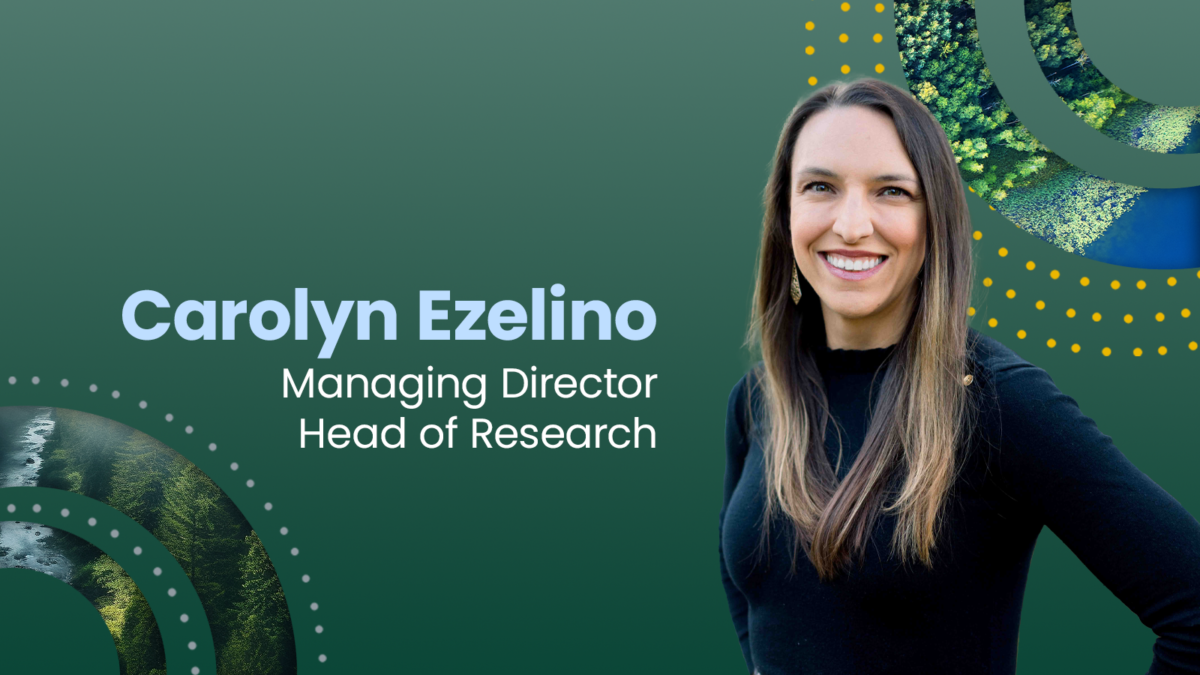Record Green Bond Issuance Bolsters Chicago Sewers: Muni Credit
By Elizabeth Campbell
(Bloomberg) — U.S. municipalities are selling a record amount of debt earmarked for environmental projects as a growing appetite for the bonds pulls in issuers from the nation’s capital to Chicago’s water district.
States and localities issued $2.5 billion of obligations in 2014 that they tagged with the green label, up from $100 million the year before, data compiled by Bloomberg show. Globally, issuers such as governments, banks and companies offered about $39 billion of the securities last year, an all-time high, according to Bloomberg New Energy Finance data.
A $350 million tax-free sale by Massachusetts in September to restore waterways and save energy in public buildings shows how borrowings for environmental needs are attracting money to the $3.6 trillion municipal market. The issue drew five first-time institutional buyers of the state’s debt, and about a third of the orders from individuals came from people who don’t typically buy munis, according to Morgan Stanley, the underwriter.
“We’re hearing more and more that folks want to invest in environmentally friendly projects,” said Colin MacNaught, the Massachusetts assistant treasurer.
2014 Batch
There’s no universal standard for a green bond. Issuers use the label in offering documents to help market a deal. Having an independent second opinion evaluating a bond’s environmental credentials gives investors more confidence, Tess Olsen-Rong, a market analyst in London at Climate Bonds Initiative.
Seventeen muni issuers assigned the green tag to sales last year, after Massachusetts was the sole entry in 2013, Bloomberg data show. The label designates a project as having an environmental benefit, from clean water to energy efficiency.
The European Investment bank issued debt for climate improvement in 2007, and the World Bank followed with a labeled green bond in 2008, according to Climate Bonds Initiative, a nonprofit promoting low-carbon investment.
Massachusetts sold $100 million of bonds with the green label in June 2013 in what it called a first for a U.S. state. Proceeds went toward projects such as flood control and land acquisition, according to offering documents.
Last year’s sale will help pay for the New Bedford Marine Commerce Terminal, which will support offshore wind projects. The District of Columbia sold $350 million of green obligations last year to build tunnels about 10 stories deep as part of a project to reduce overflow into rivers and neighborhoods.
Raul Pomares, founder of San-Francisco-based Sonen Capital, said he advises clients, including tax-exempt foundations that typically don’t buy munis, that this segment of local-government debt has a role to play.
Local Hero
“They are an attractive contributor from a total financial return perspective, and deliver this clear, meaningful, measurable social, environmental impact,” he said.
Ellen Friedman, executive director of the Compton Foundation, a Sonen client, said that the muni tax exemption isn’t a priority for the San Francisco-based based organization, started after World War II to promote peace. The securities are, however, because they help communities, she said.
Green-bond sales by municipalities will keep climbing, said Olsen-Rong. Environmentally conscious investors often want to know where proceeds are going, and municipal offering documents provide transparency, she said.
The first-time buyers of Massachusetts bonds show that investment advisers have clients asking for the debt, said Brian Wynne, managing director and co-head of Morgan Stanley’s public-finance group in New York.
“If you had an increase in green-bond issuance that would bring in more investors to the market,” Wynne said. “And that would provide the potential for green bonds to price at a premium versus non-green bonds.”
Demand Check
Demand hasn’t reached that level, said Scott McGough, director of fixed income in Philadelphia at Glenmede Trust Co., which manages about $2.7 billion of munis.
John Flahive, Boston-based director of fixed income at BNY Mellon Wealth Management, which oversees about $20 billion in munis, said that while he has more clients who want holdings with a socially responsible slant, he probably would’ve bought the Massachusetts debt anyway because of its credit quality. The state has an Aa1 grade from Moody’s Investors Service and AA+ from Standard & Poor’s, one step below the top.
Issuers say the green tag brings attention. The Metropolitan Water Reclamation District of Greater Chicago sold about $225 million of the securities in December, its first such issue, said Mary Ann Boyle, the district’s treasurer.
The label helped distinguish the agency’s first muni issue in three years, Boyle said.
The district, which oversees wastewater plants, is using proceeds for work including more sewer tunnels and reservoirs to curb overflow. Some money will go toward a system to convert waste into environmentally friendly fertilizer.
“We had much more excitement and much more investor interest related to the green bonds than we’ve seen in the past,” Boyle said.
To contact the reporter on this story: Elizabeth Campbell in Chicago at [email protected]
To contact the editors responsible for this story: Stephen Merelman at [email protected] Mark Tannenbaum


